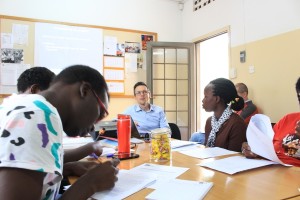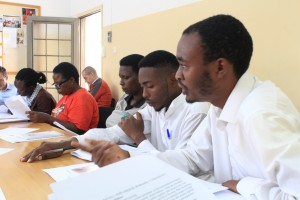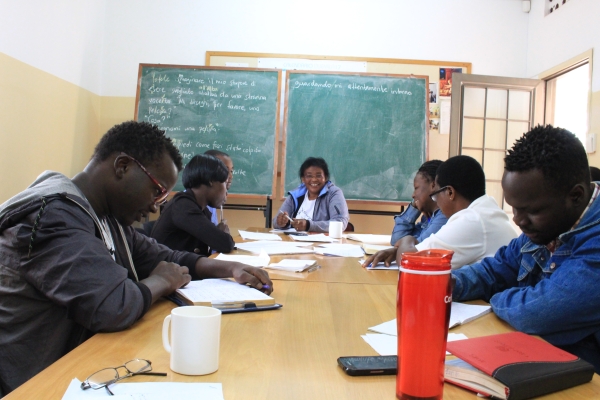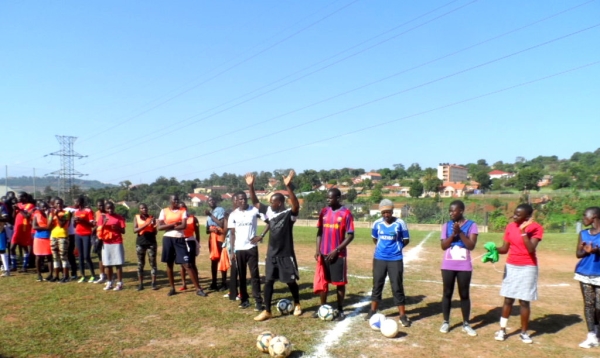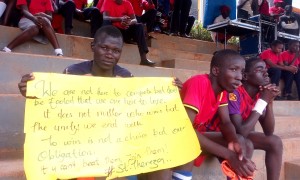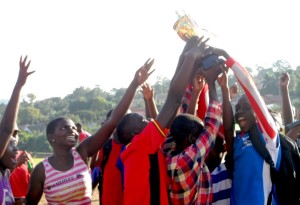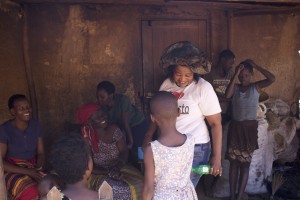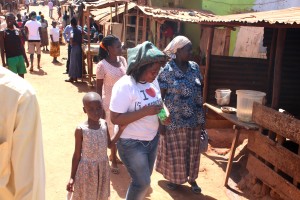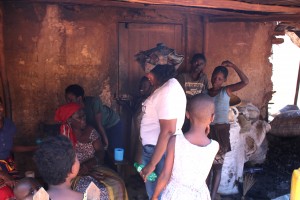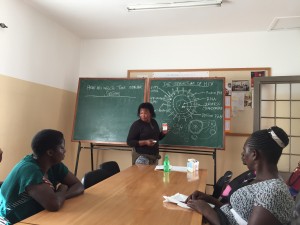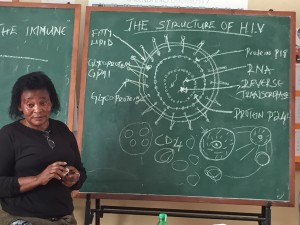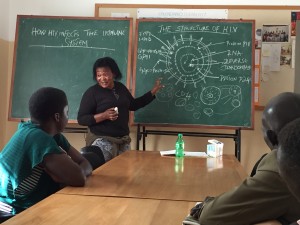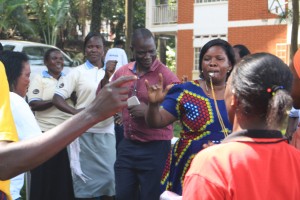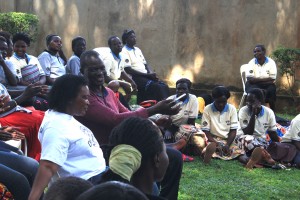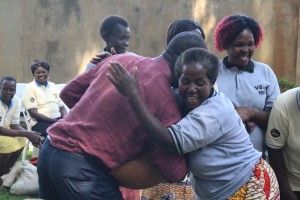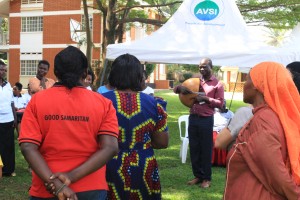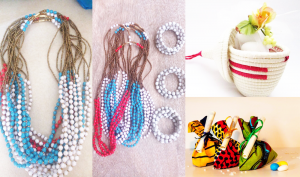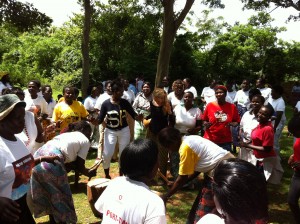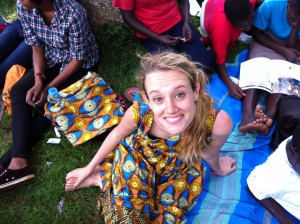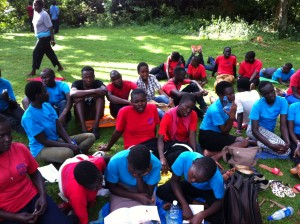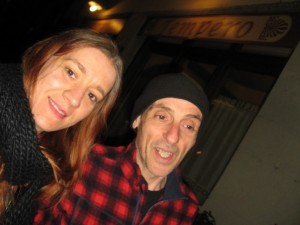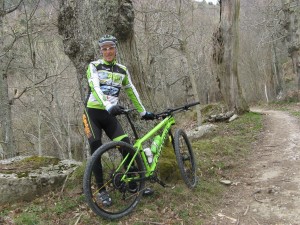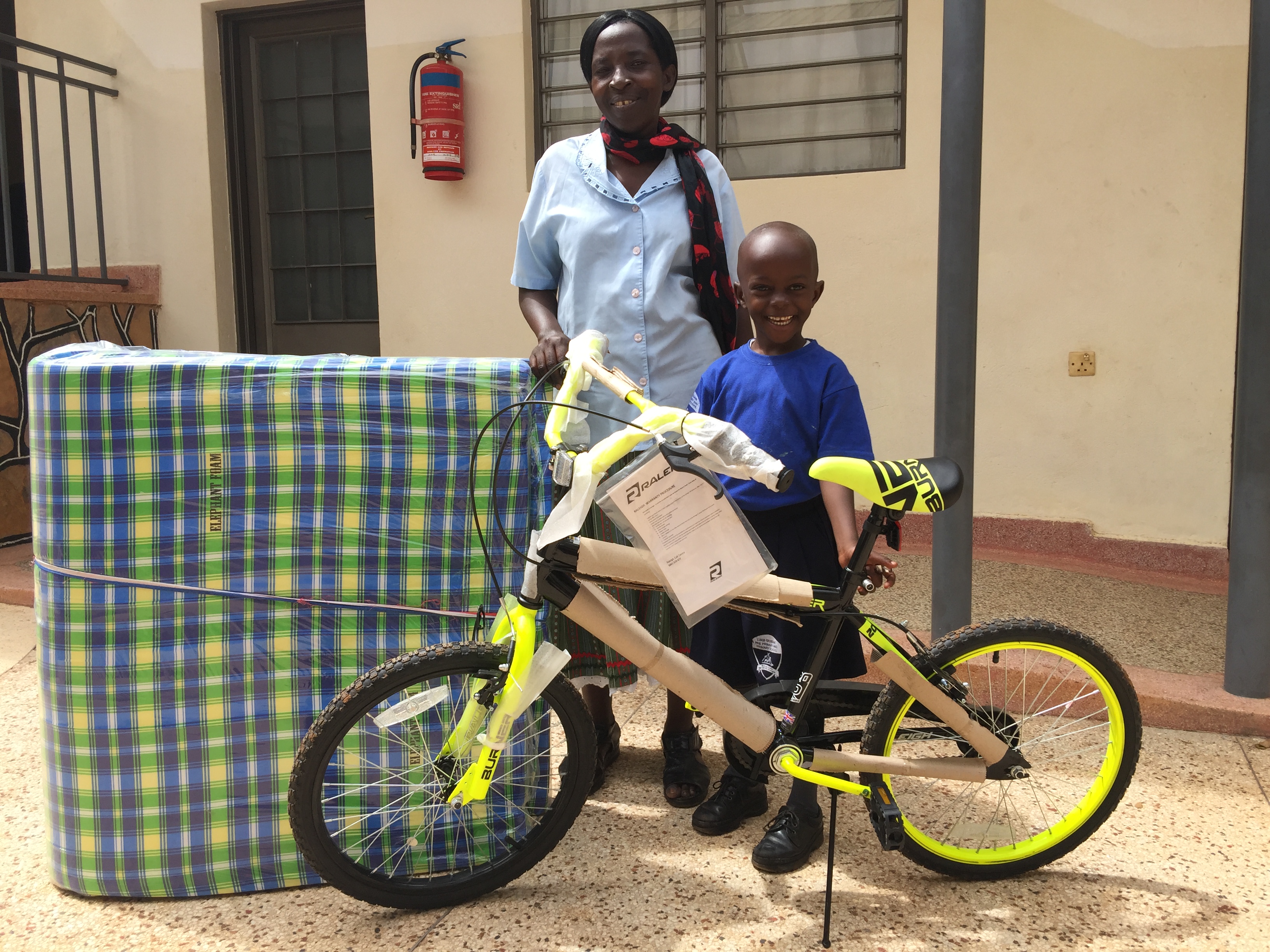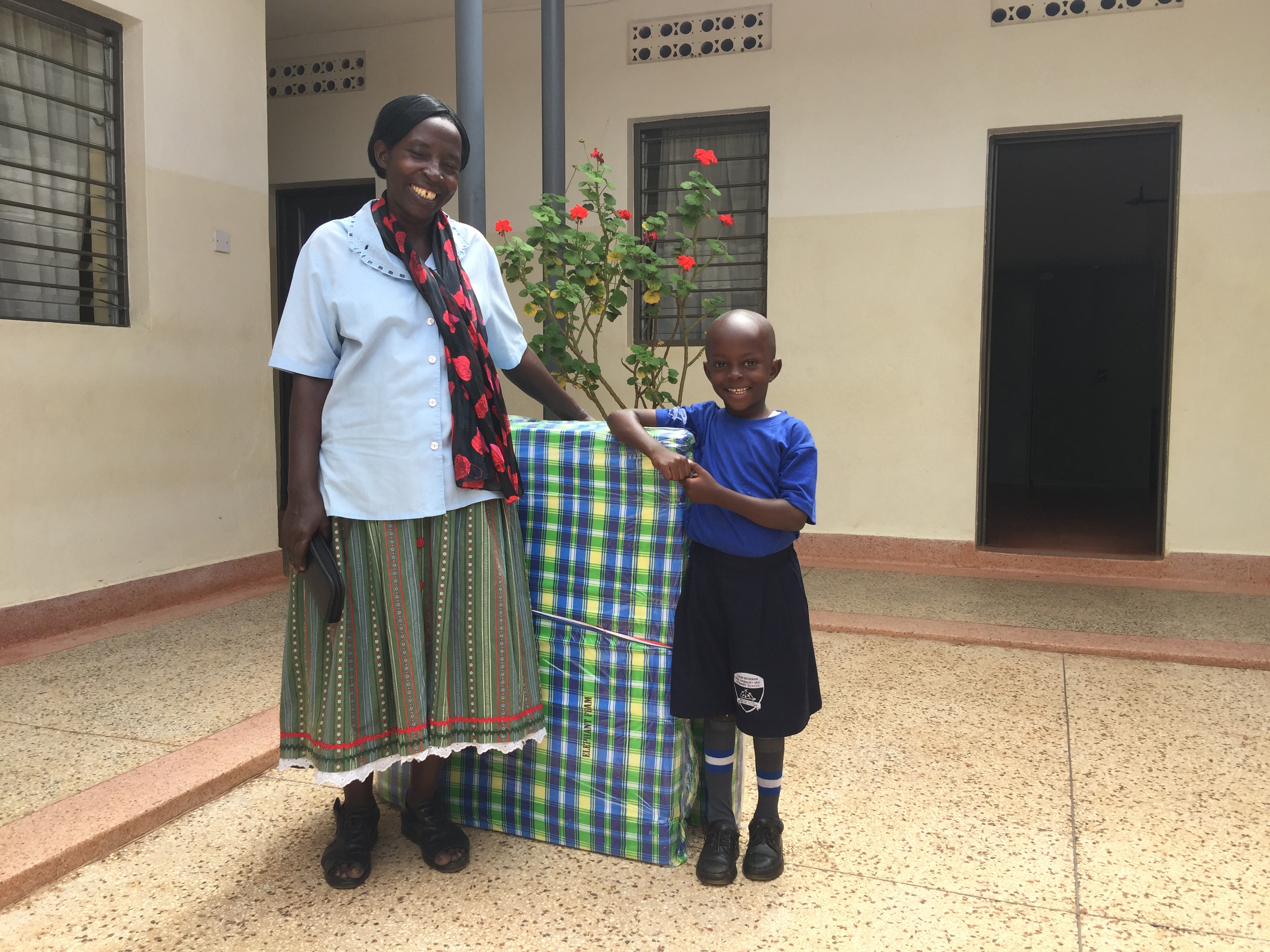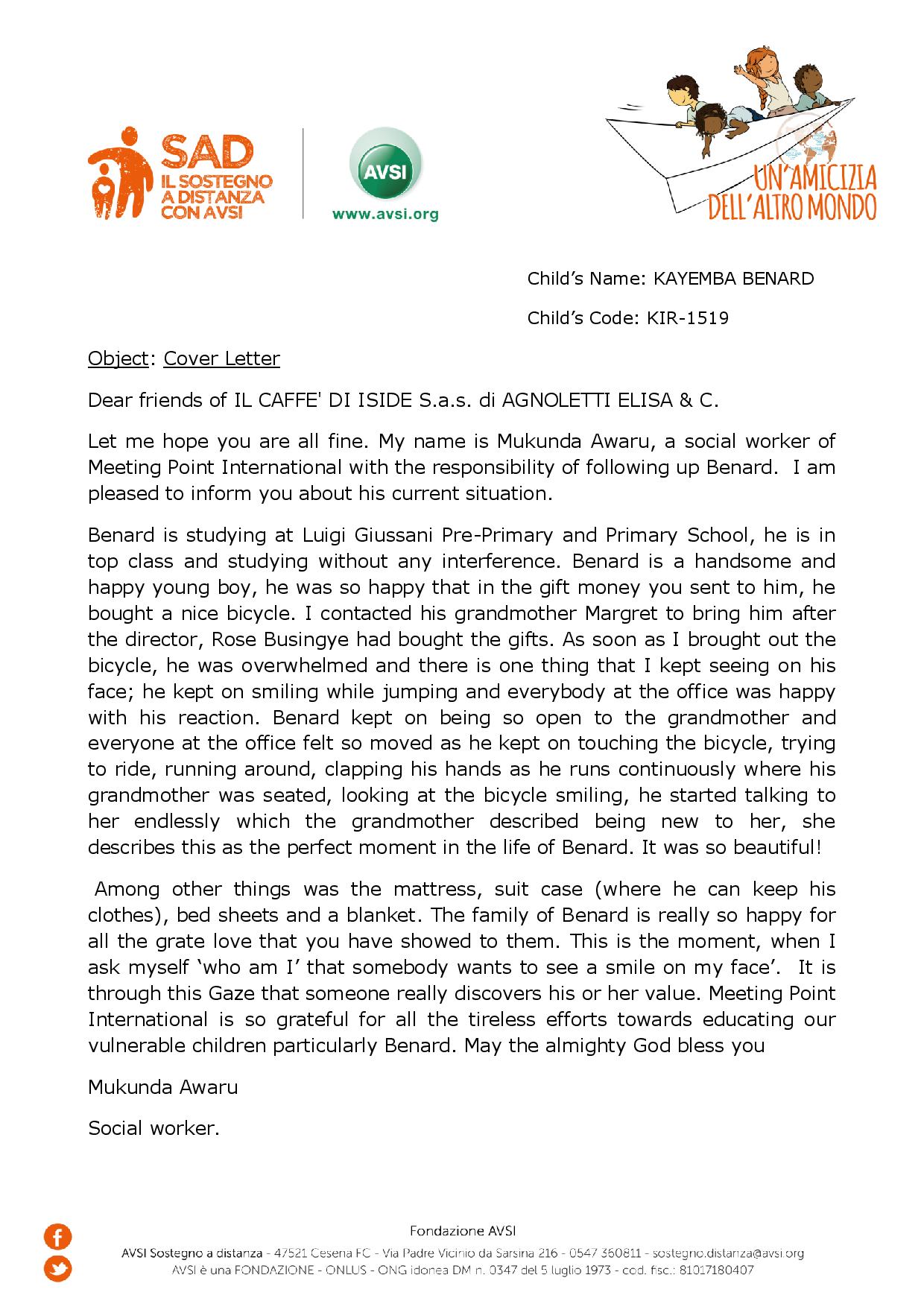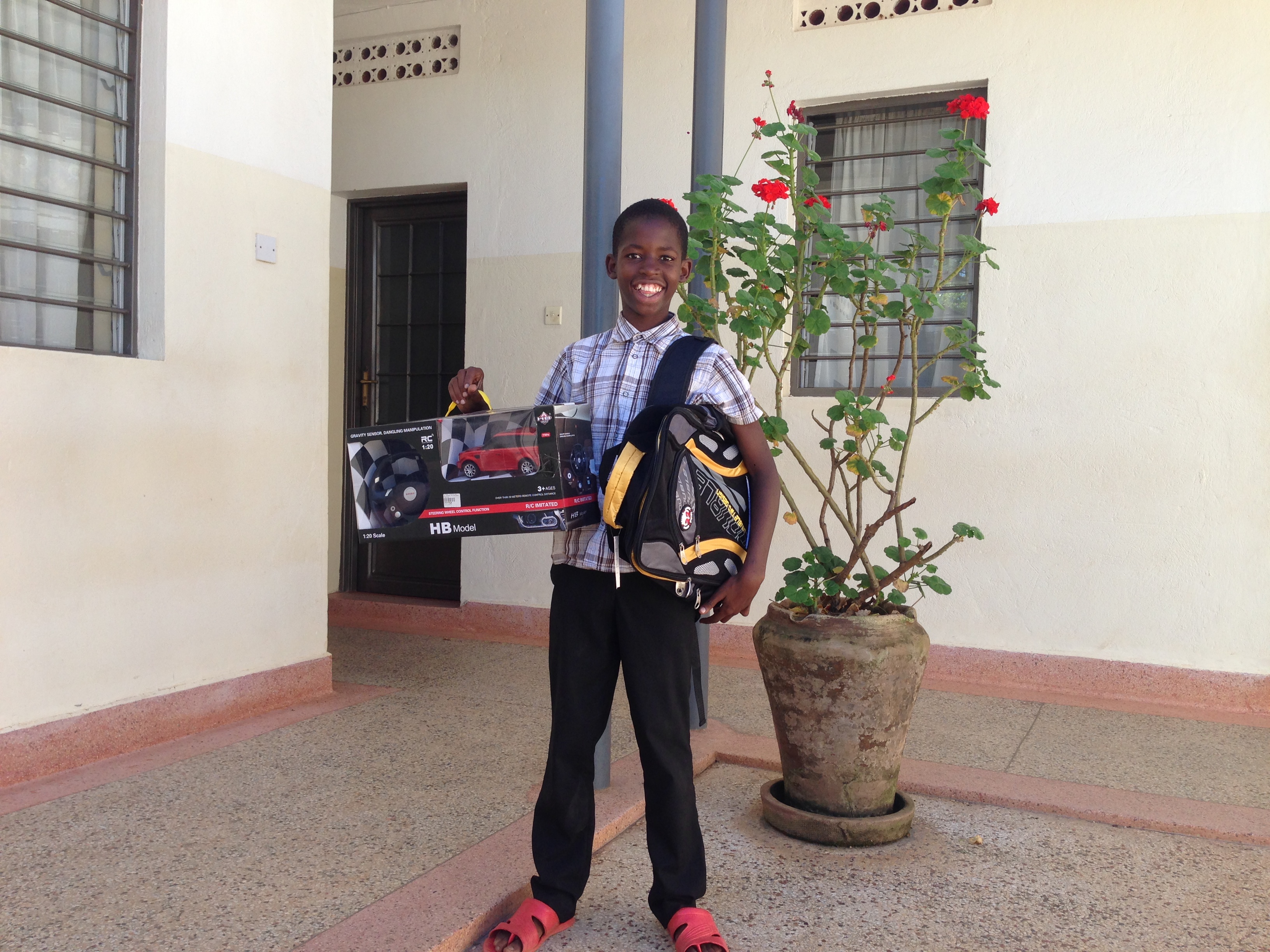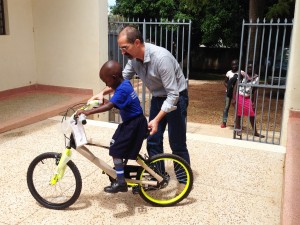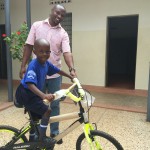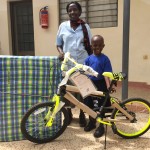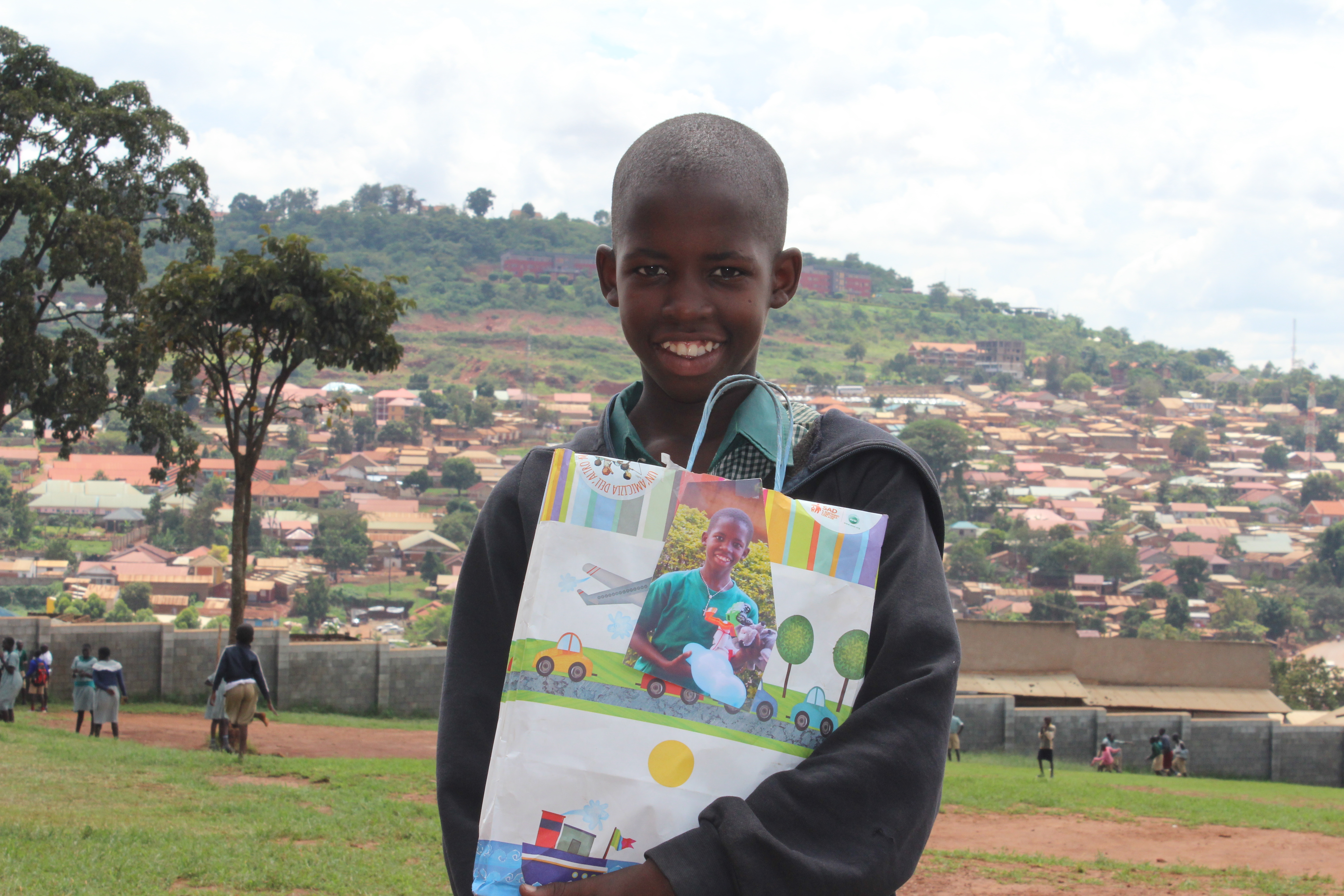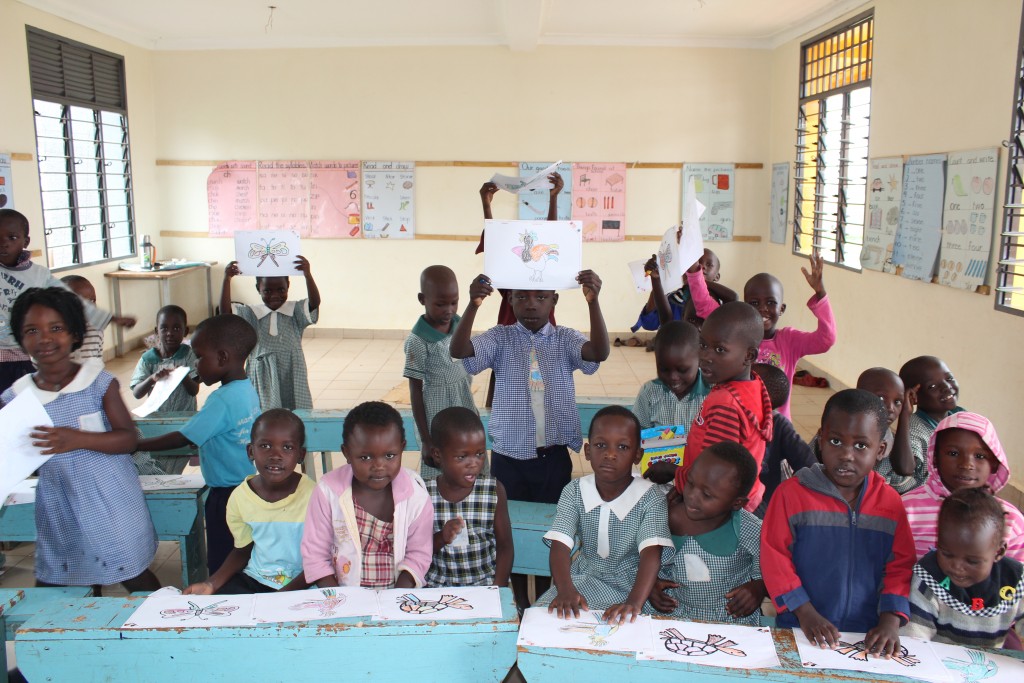Who is Man?
MPI entered into an adventure with the sick, the poor, the old and the orphans to make them understand they are not defined by the situations they find themselves in!
Together we wanted to discover the meaning of life, suffering and even the meaning of death! MPI works with the people infected and affected by HIV/AIDS and their orphans.
MPI invest on education in all levels and ways as an instrument for self-discovery, the method we wanted to discover is something that goes beyond school itself, discovering the correspondence between the real and our consciousness, discovering unitary hypothesis in the explanation of things.
Why did we start with this method?
I began to live and work when somebody told me “You are mine!” He did not know me; it was evident that I was nothing! But I felt wanted and desired. It was as if his gaze was telling me, I want to stay, you have infinite value!
From this gaze everything was born. In fact, I discovered that I was not defined by my limits and shortcomings! From this gaze I started foreseeing meaning for my life; it was as if light shown on everything. I started discovering the truth of my life, and here started attractiveness, a tenderness for my very life and for the life of the others.
I started living and working when I knew how to respond concretely to the question of whom I am! When the question have precise faces with names, I became free!
Paradoxically I became free through belonging, having a link, when you are free, finally you can stay in front of all the reality without fear, you can face everything because you who are! Who is free don’t pretend from others, because he or she has everything!
I felt free and protagonist of the reality because Fr Giussani revealed and educated me who I am, his gaze stablelised the content and the method of my work, to communicate the greatness and the value of the single person, my work is to make clear the coming out of every person value of the person.
That is why in MPI we use so much the symbol of I carras
Sometime ago in Uganda everyone knew he or she belonged to a tribe, a family. According to African tradition, the children, women and men belonged to entire community, the individual grew in a bond having a consistency and a dignity, and everyone knew that his or she is somebody!
Now days frequently families are broken due sickness, war, divorce and other family conflicts, the family bonds has been overstretched to breaking points. HIV/AIDS has also denied Parental love care and guidance, which used to determine our social character in the society. Some end with crippled behavior, low self-esteem, self-pity feeling of rejection and inward hatred.
Men and women grow without defense without points of reference without a value, sadness and solitude as if their existence no meaning they stop to live. What dominates is insecurity and instability in all aspects, incapable of constructing and responsibility and they treat themselves as things as instruments.
One could say that we are living a time where civilization seems to be ending; because civilization only evolves in fact to the degree that the value of every single person, every single “I” is helped to emerge and become clear. We live in an age when this does not happen,
Man does not know who he is, where he comes from and where he is going. He does not know the meaning of the things great and small that happens to him. Confusion and bewilderment prevail due to the lack of clear points of reference, a lack of clear criteria by which to make operative decisions, to assume responsibilities of life.
It’s a world in which the identity of the “I” seems to be daily placed in crisis; an inconsistent I, incapable of creation and responsibility.
Who is man then, how can he be helped to know who he is? Allow me to quote an Italian Poet Leopard’s note book! “Nothing shows more the greatness and the power of human intellect neither the height and the nobility of man, than the power he has of knowing and completely understanding and feeling strongly his smallness; when considering the plurality of the worlds, he feels himself an infinitesimal part of the globe, feeling it deeply and observing intensely, he confuses himself with nothingness and almost loses himself in the thought of immensity of things and finds himself as it were lost in the incomprehensible vastness of existence.
What smallness! Who are am i? What is the nature of a human person?
Lucy, Everyone come to me to see all what happened to me, am like a container full of problems, but who is Lucy! I have become famous because I carry with me strange, strange sickness, strange problems but me who am I? Julius, you look at me as a dead person, am going to live to tell everybody that life have a value even death has a value if not why is it there.
The nature of a human being is a need for a meaning, for the truth.
The need is man’s structure, man’s nature
What am I, coincides with the urgency of a meaning, starting from what touches my flesh, the definition of me.
Icarus, the red pulsating point, the endless desire for happiness a plea for a meaning, for happiness
Francis, with my mother, I felt somebody, but now she is not there, so why should live, it was the only relationship that I felt somebody, now I feel nothing without a value.
The nature of the human being is that bond, the fusion of two lovers, this is where development starts from conception up to old age, even scientific studies have demonstrated that a person deprived of love and belonging causes physical and functional harm, specifically the results can be reduction of the size of the hippocampus a fundamental cerebral structure that regulates the body’s response to stress and reduction in the numbers of connections among the neurons which impact the evolution of logical thinking and the capacity of reflection, this may cause lasting consequences that may shape ones destiny.
It’s evident that the fundamental element of the development of the person lies in the mutual conjugated belonging of the two factors, man and woman! It’s in this bond that the true belonging reveals itself as freedom, the capacity to adhere till identification and assimilation to what makes us be.
The first aspect of freedom is affirming a bond, otherwise one does not grow, he or she stops assimilating.
Every human being needs a guidance beyond oneself, that is something on which one would really depend on. If not the personality under formation is impaired and confused! If not guided, one day everything will boil down to giving in into reactions or being drugged by external forces.
Jane (welcoming house), fathers are those who put on trousers, without a relationship one ceases to exist, nothing last, Jane was always absent minded, distracted……and many others! And she had abandoned to reaction instead of choice, and one reacts to an impression and becomes a prisoner to it.
Man reveals his true nature in every action, nature thrust a person into precise being, into a perfectly defined positivity, so a person encounters, and compares everything he meets with a precise predefined positivity until his real nature is unfolded.
To educate to this sense of belonging that defines the human person a process is almost necessary, that is to say, education takes place if the awareness of belonging to someone else is transplanted in the adults that educate not through a speech; without that osmotic pressure, speeches create only obstacle in the consciousness of the listener.
MPI avails a relationship where one discovers again his value, he or she discovers that somebody, discovers a consistency, a dignity. Its educative un tiring relationship helping them acknowledge life’s total meaning, continuous provocation to their consciousness so that they can regain that sense of the dependence that was mishandled.
We use everything, music and dances of different cultures, we go together by valleys and hills, lakes and rivers, football teams for women,
So that adults and children can come across the spectacle of the human emotion, a fascinating stimulus to proceed with their implications, even should that person later deny them,
Groups are formed among the women and men, to introduce to the meaning and the sense of things that surround them, and this draws them to a marvelous of eruption of discoveries which becomes a chain of education.
This is to prove that its not enough to make projects, but a presence of a person who loves and allows you to give a true meaning to the standards and indicators, allowing you to go beyond the false opposition between data and the person.
We tried to form simple srt
11/09/2015



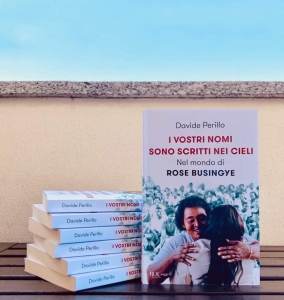

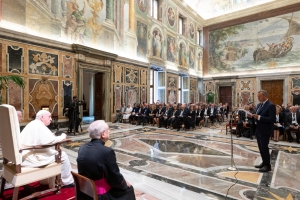 His Holiness,
His Holiness,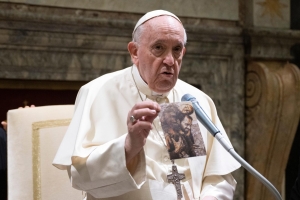
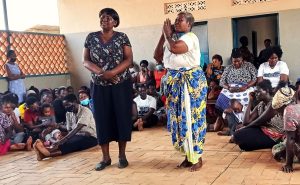
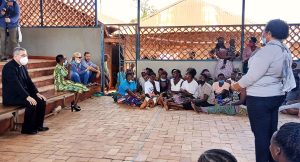
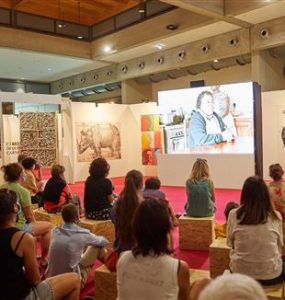
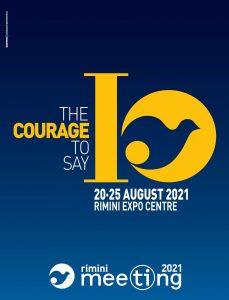
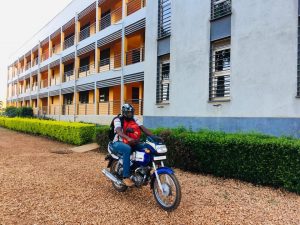 The past weeks have been busy for Michael as he coordinates his teachers to compile lessons for students and gets on his daily routine with the distribution journey so that he’ back home before the curfew. One thousand learners
The past weeks have been busy for Michael as he coordinates his teachers to compile lessons for students and gets on his daily routine with the distribution journey so that he’ back home before the curfew. One thousand learners 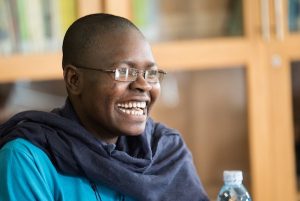
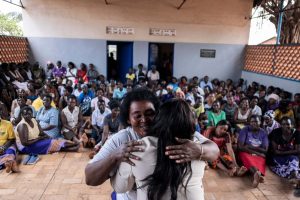
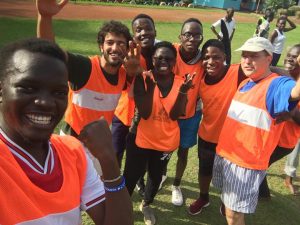
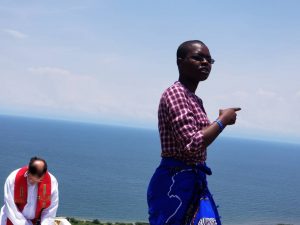
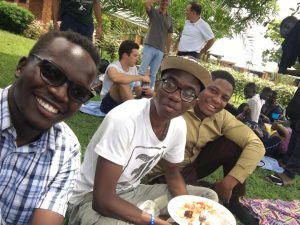
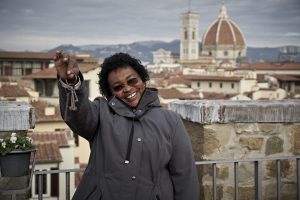
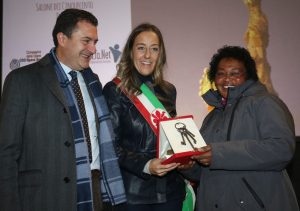
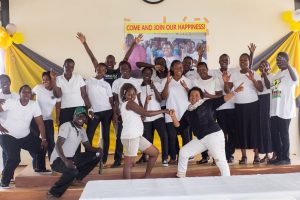
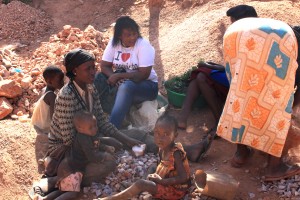
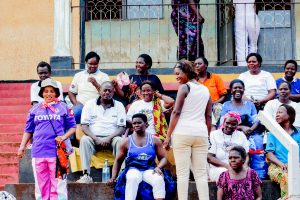
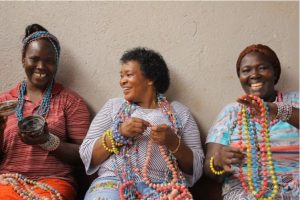
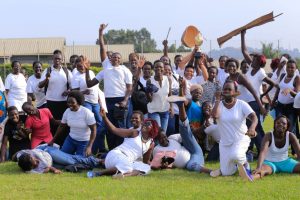
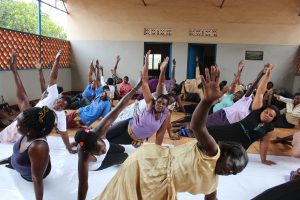
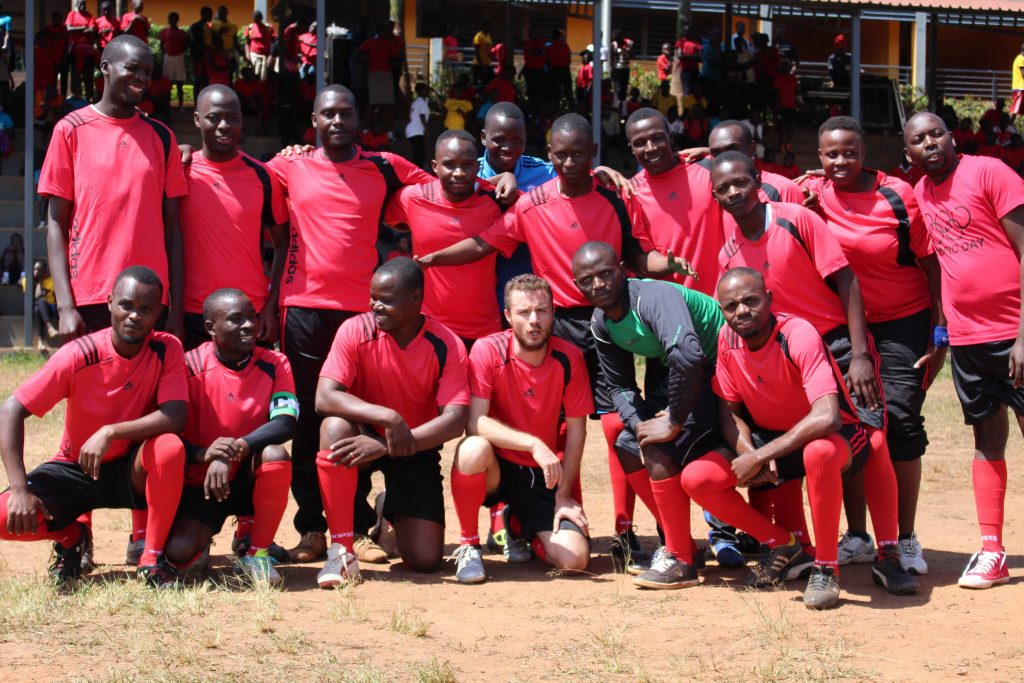
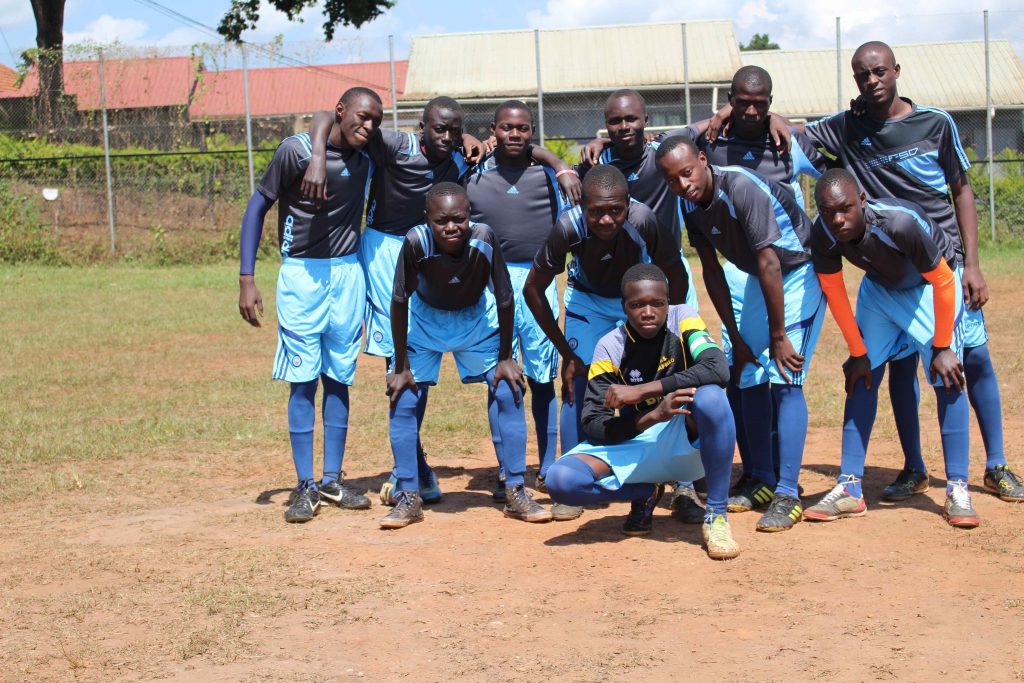
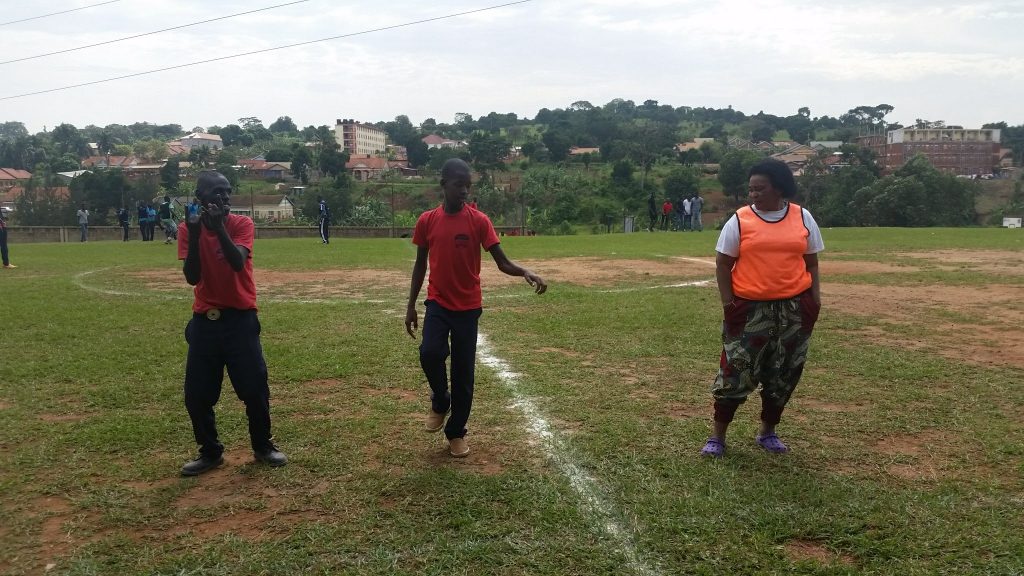
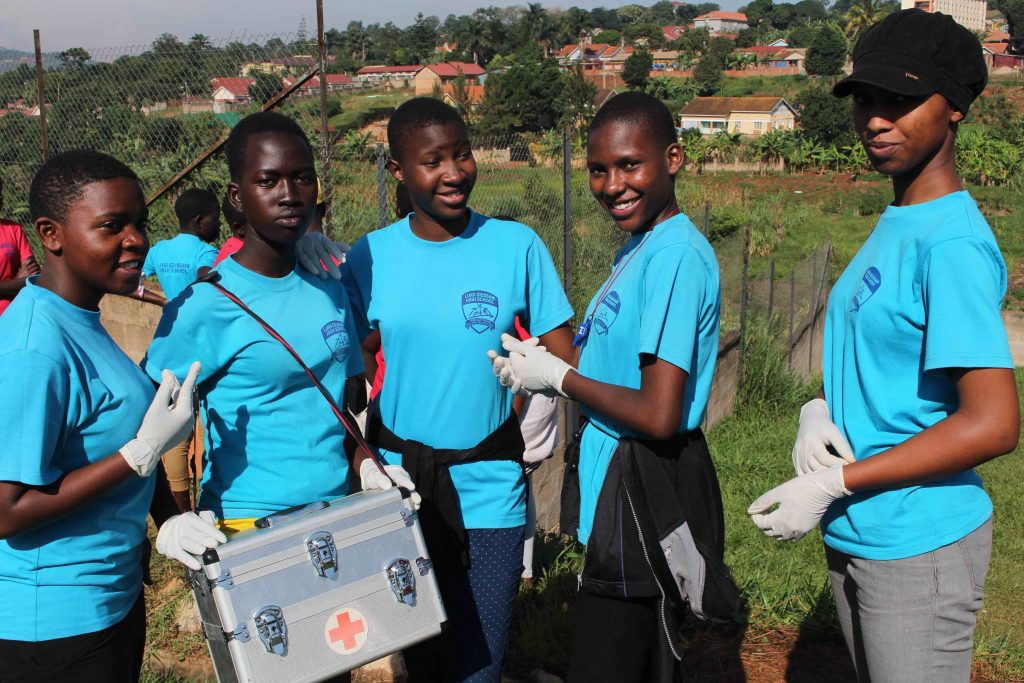
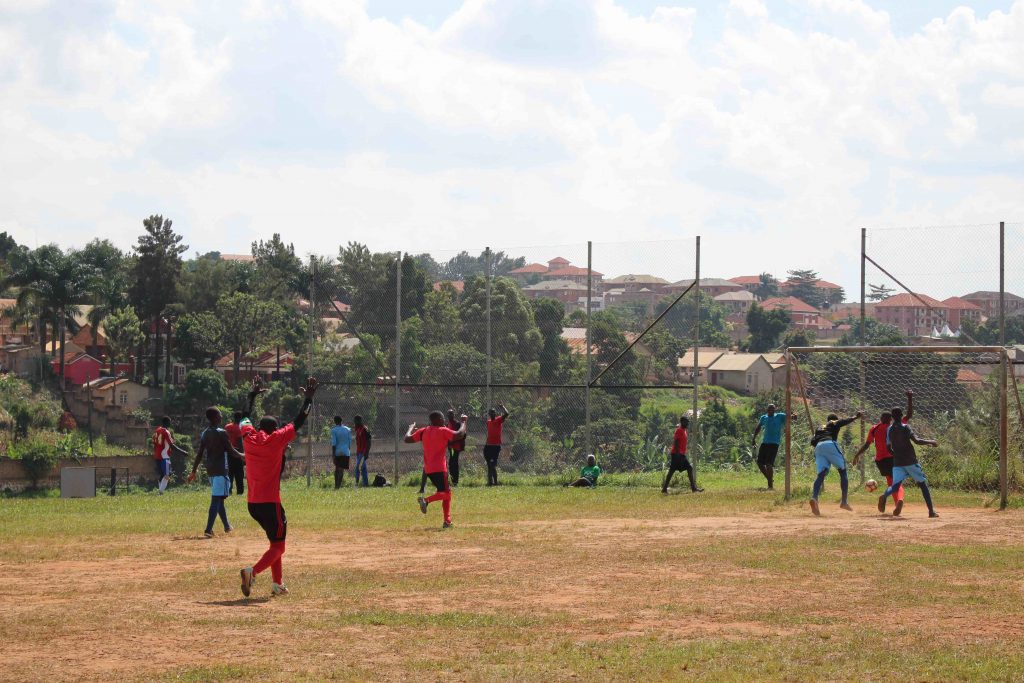
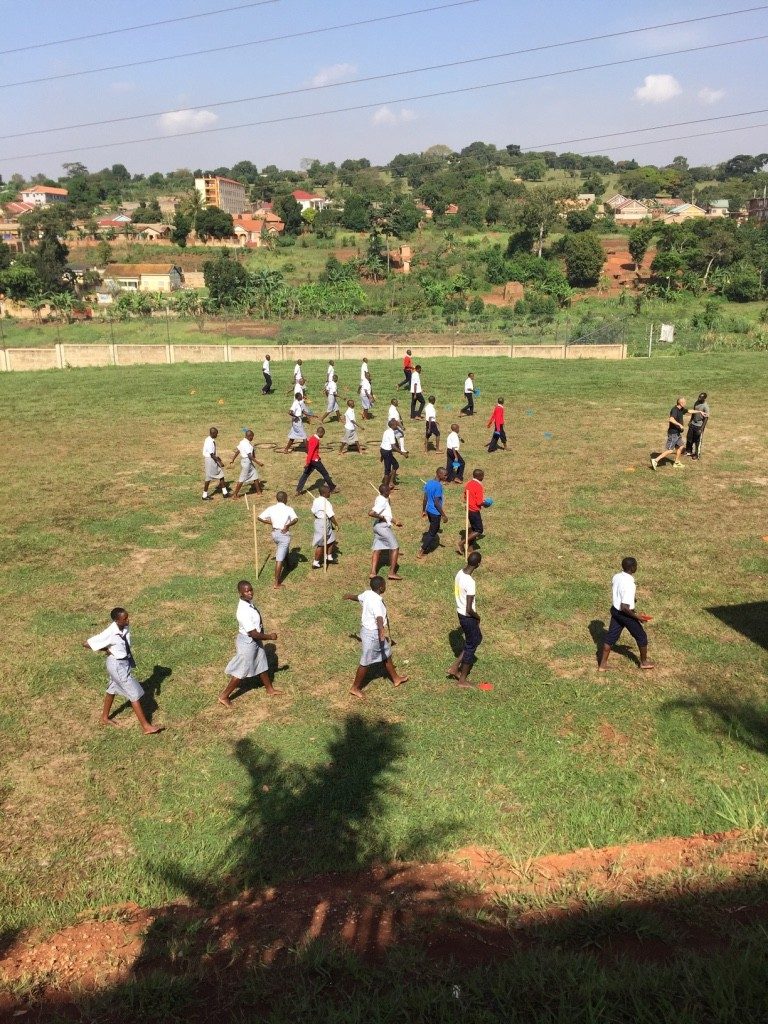
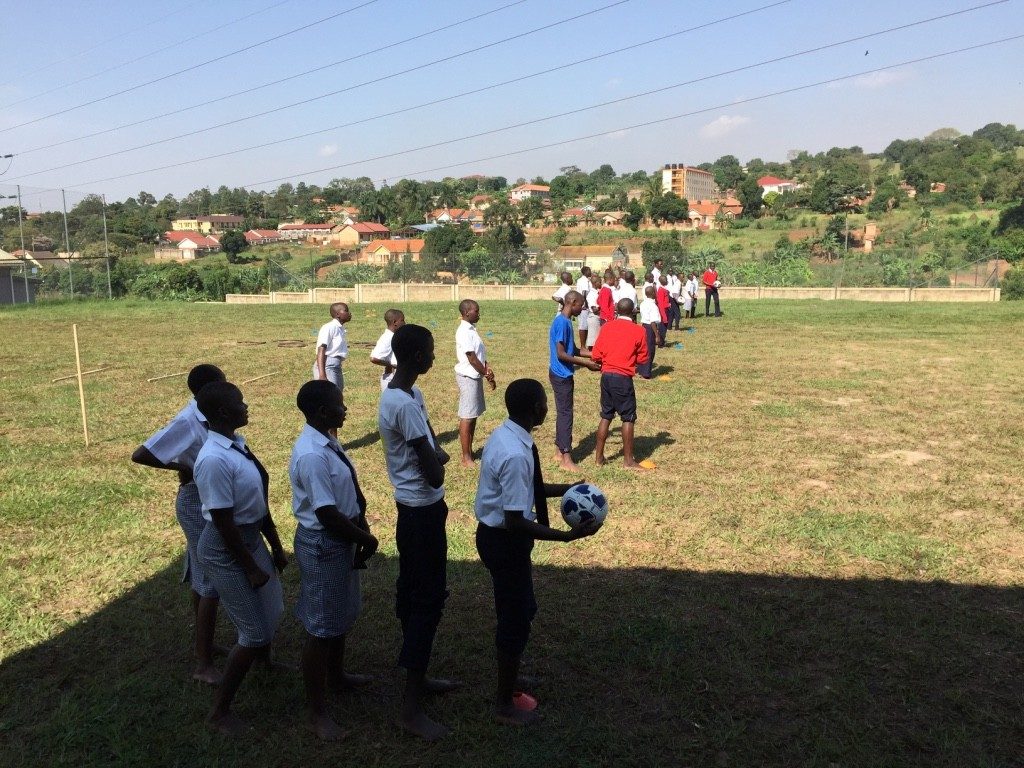
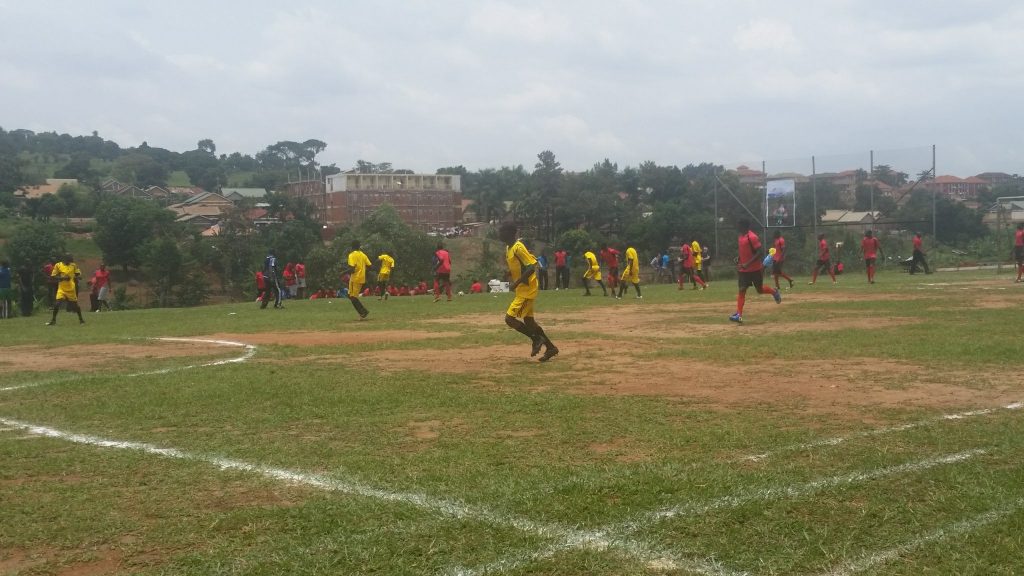
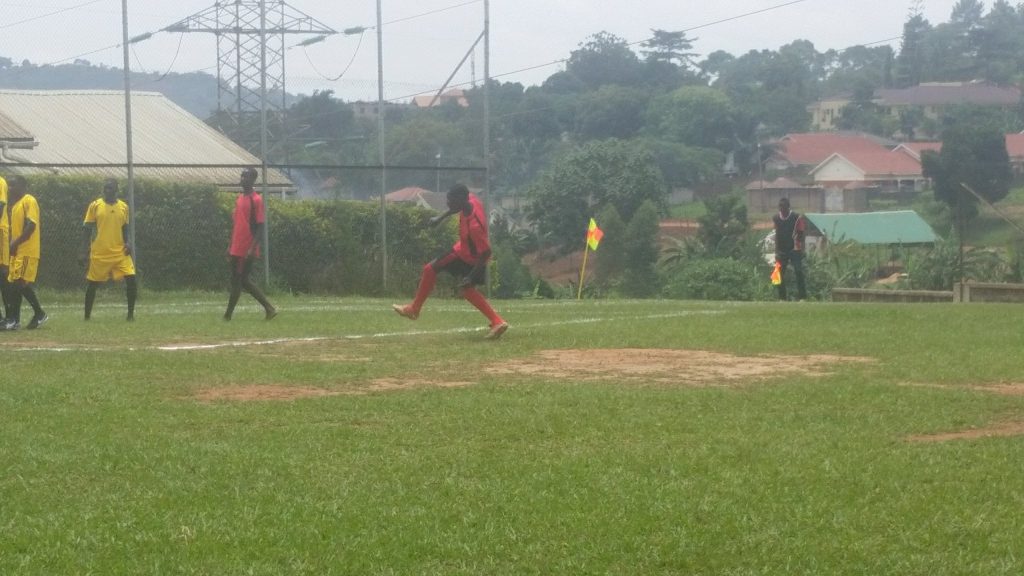
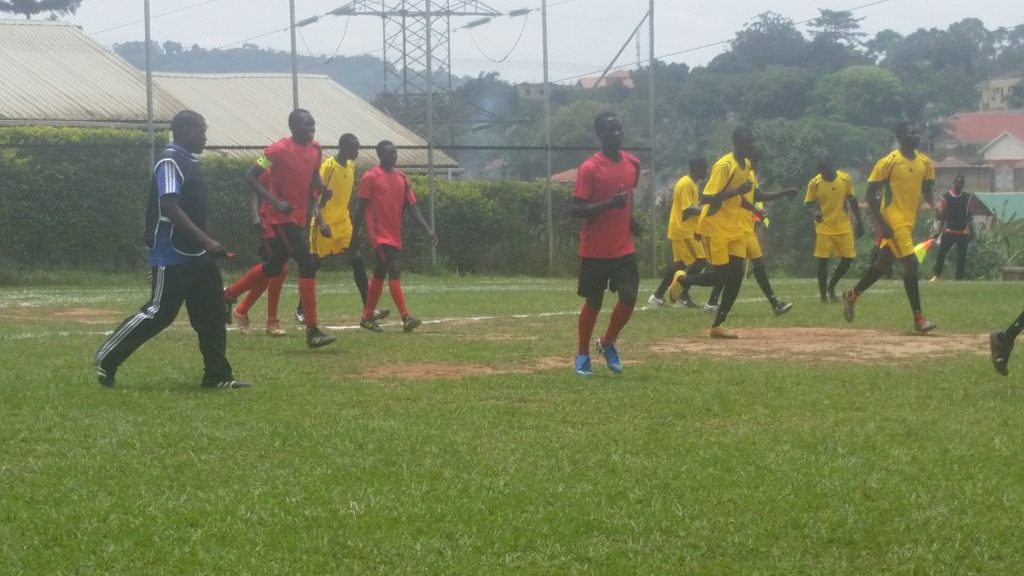
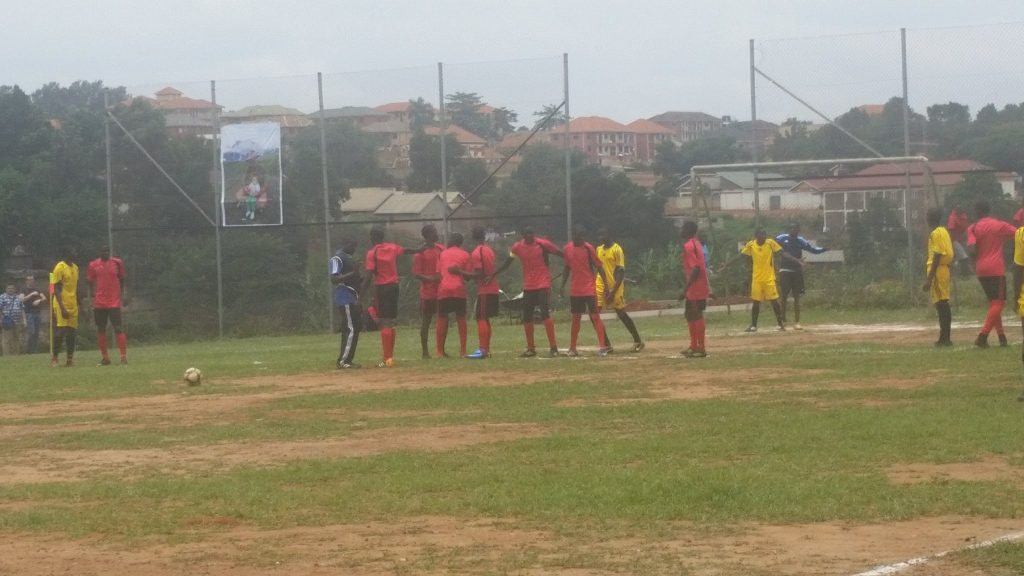
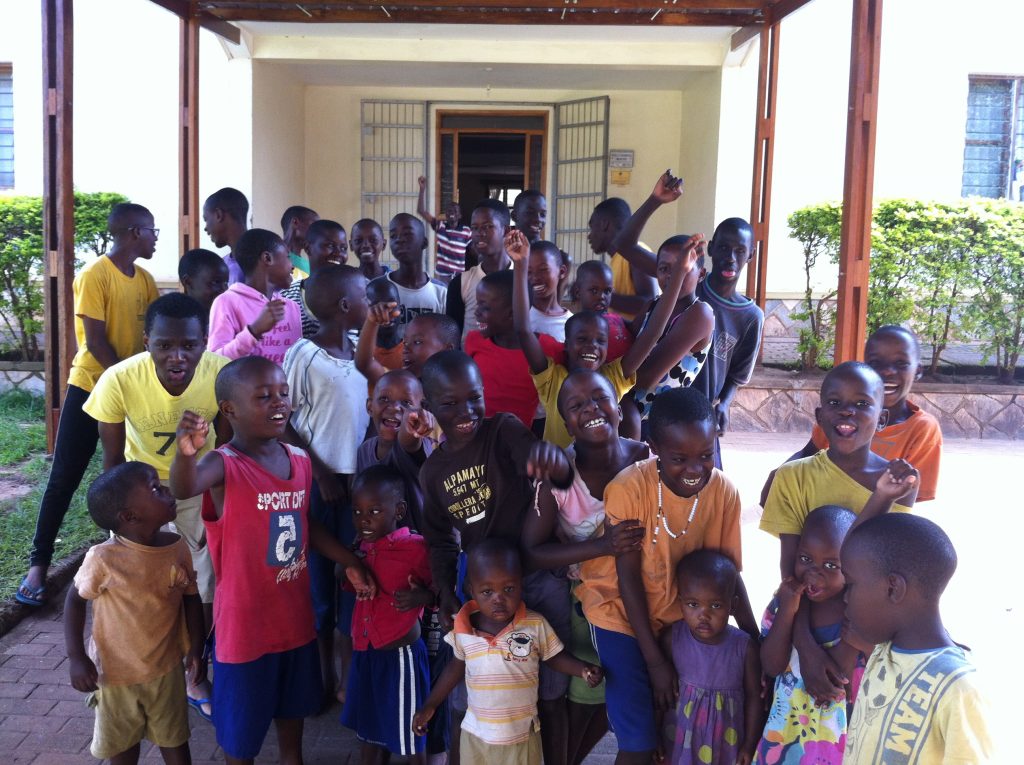
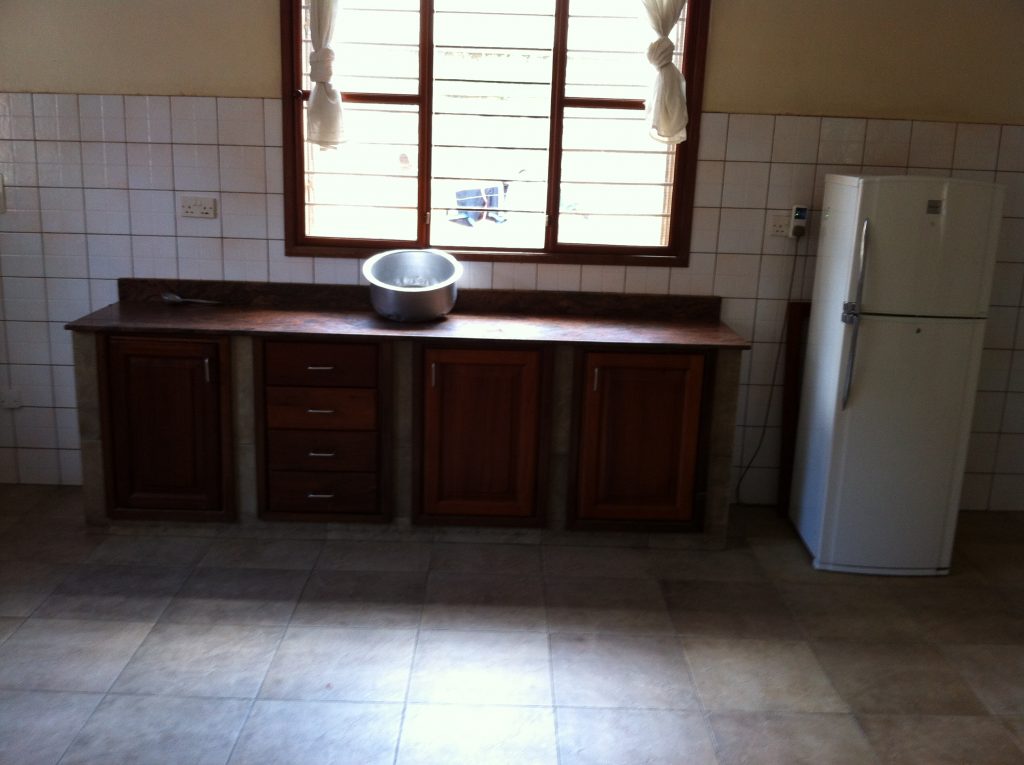
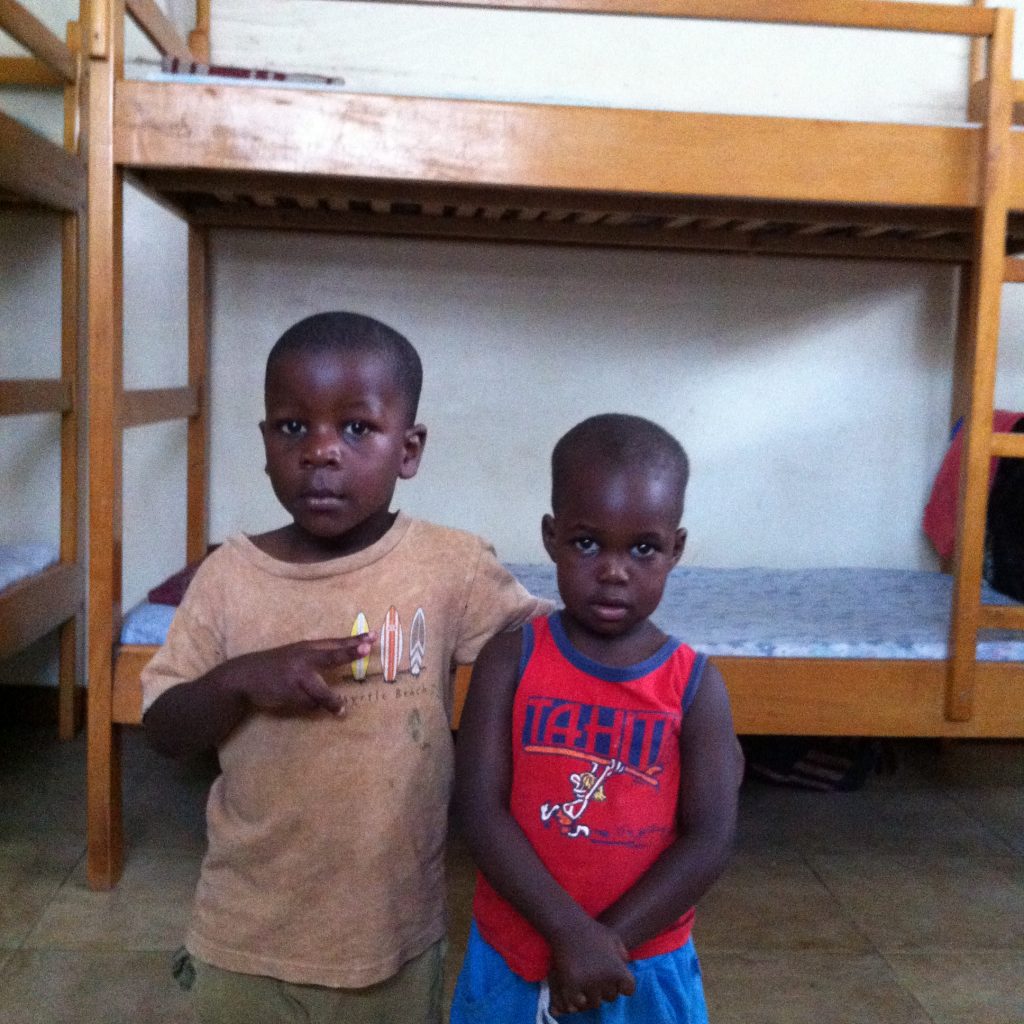
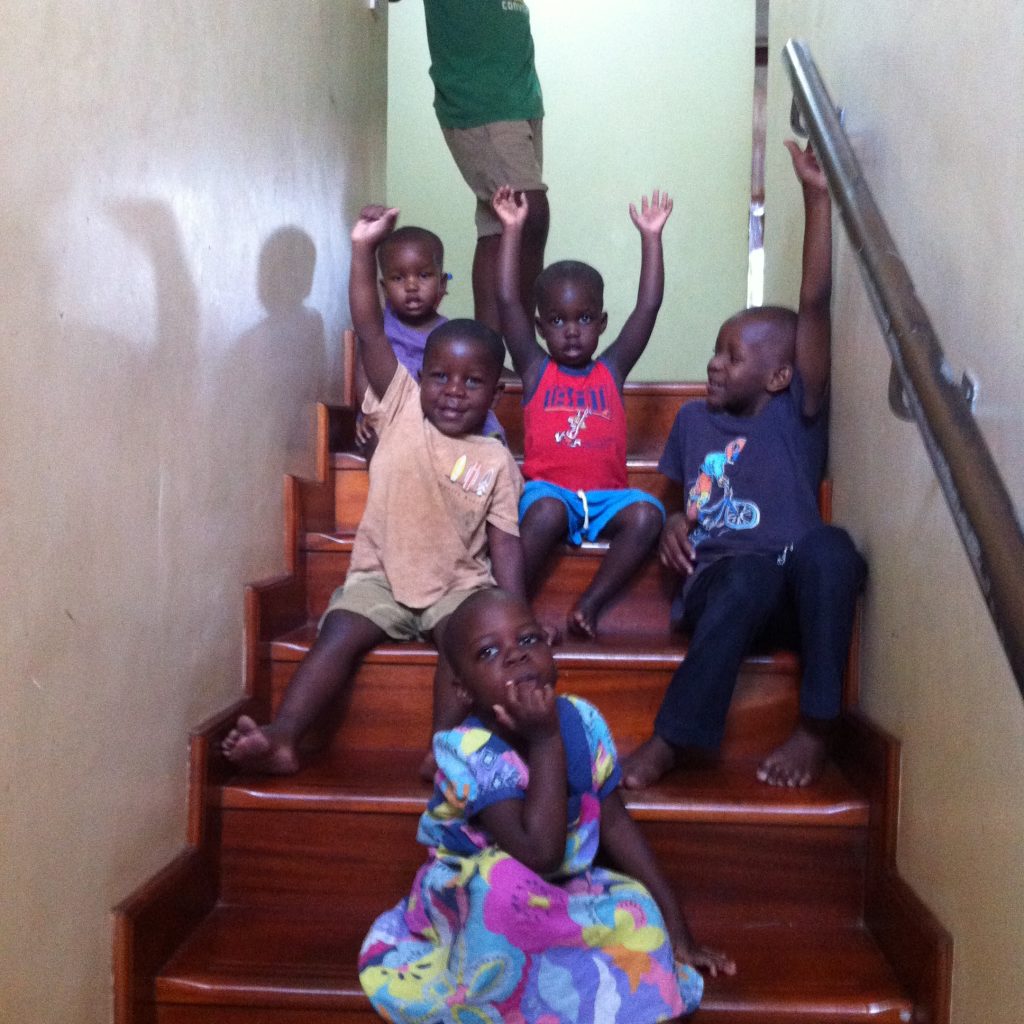
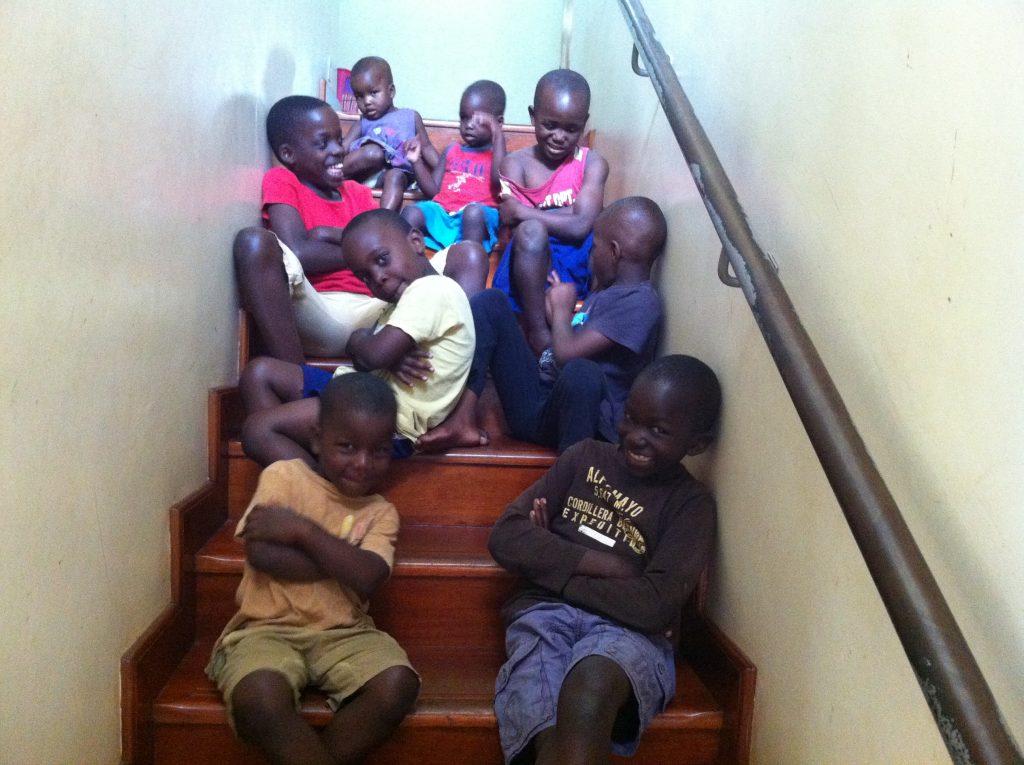
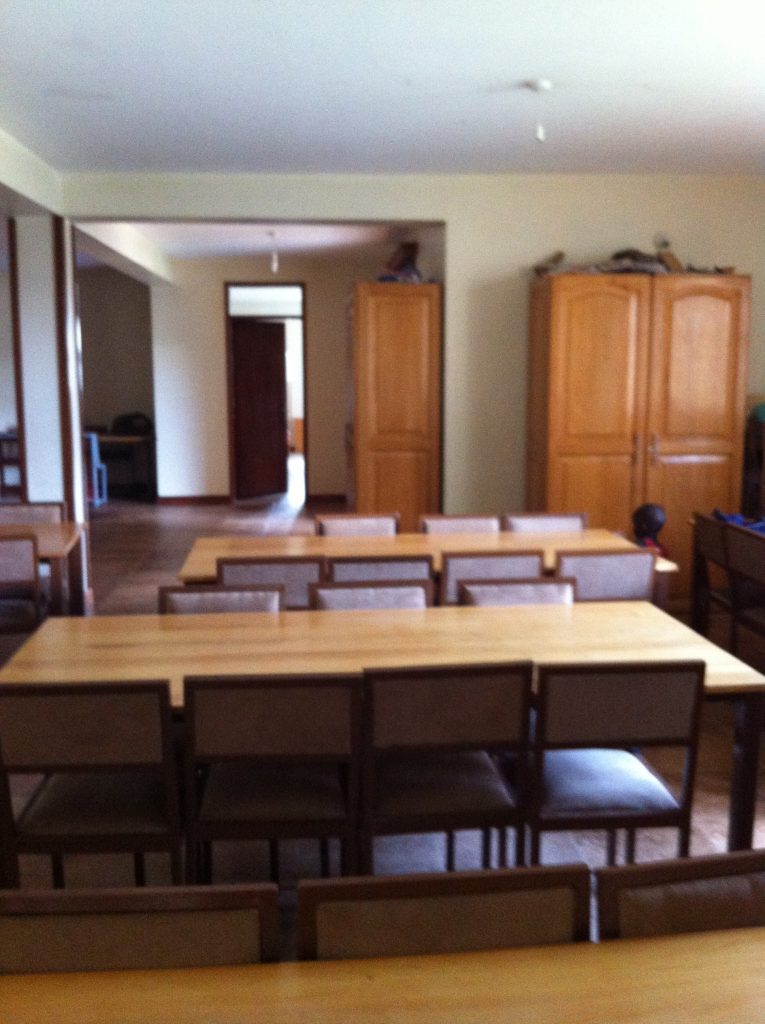
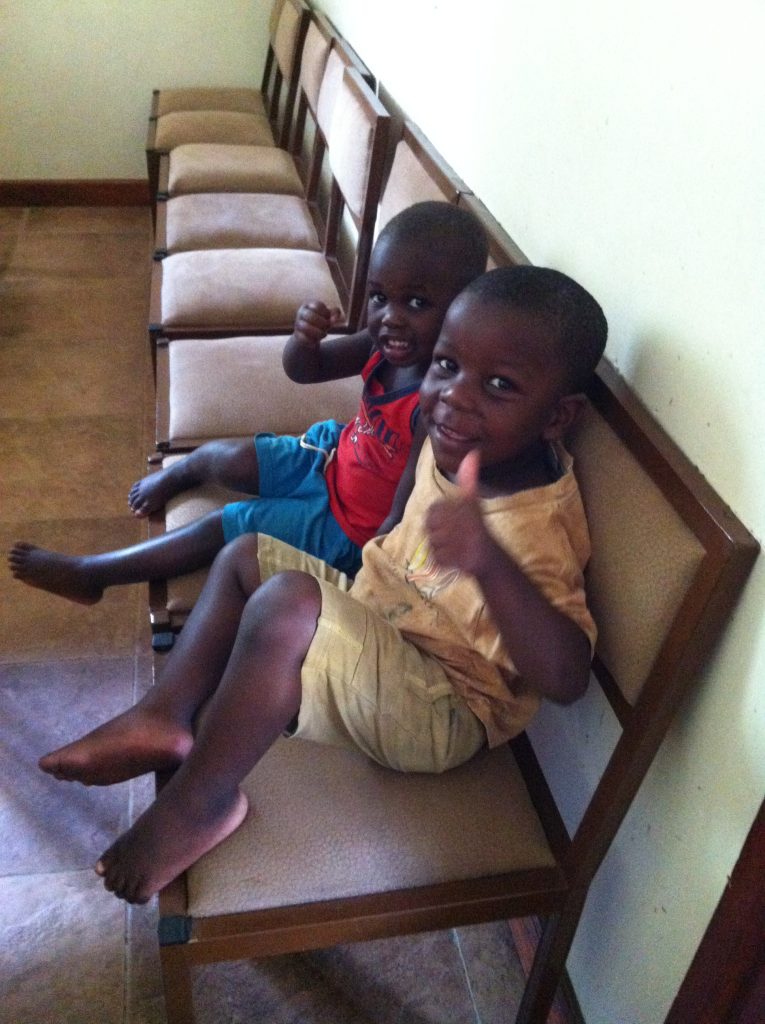
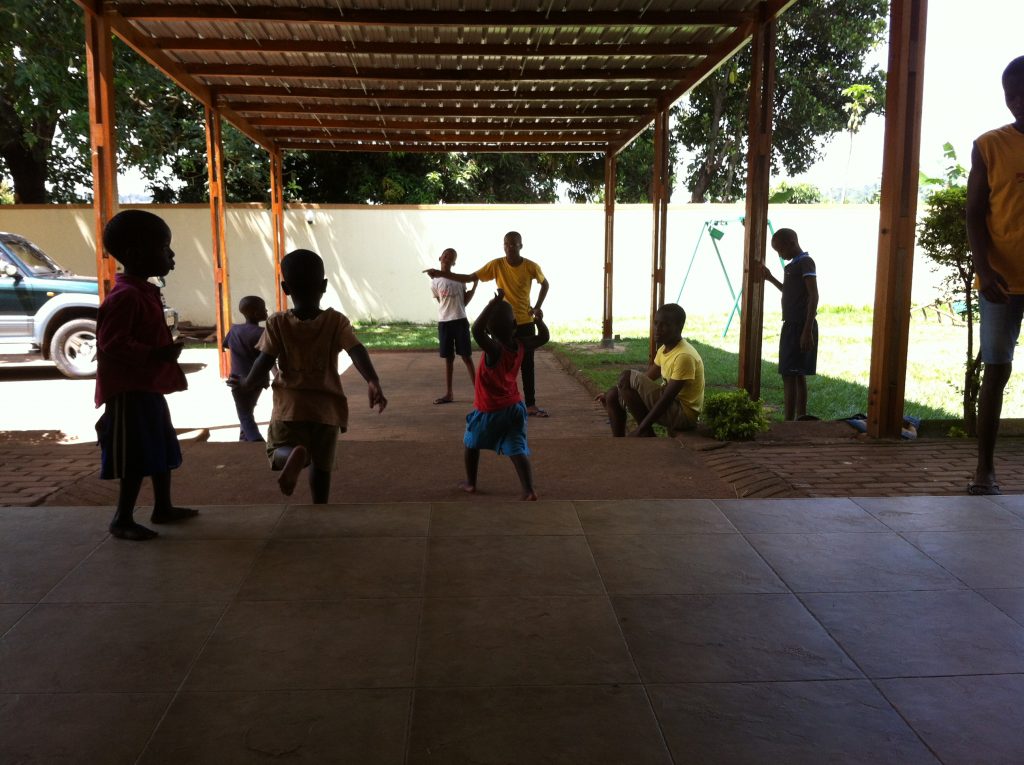
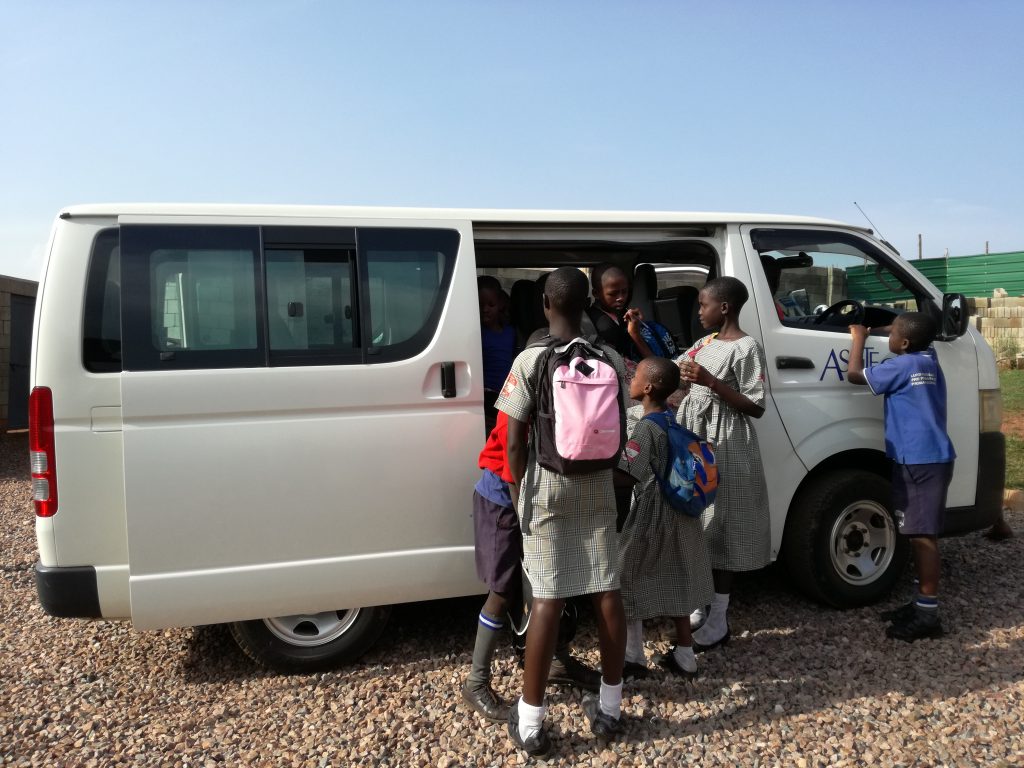
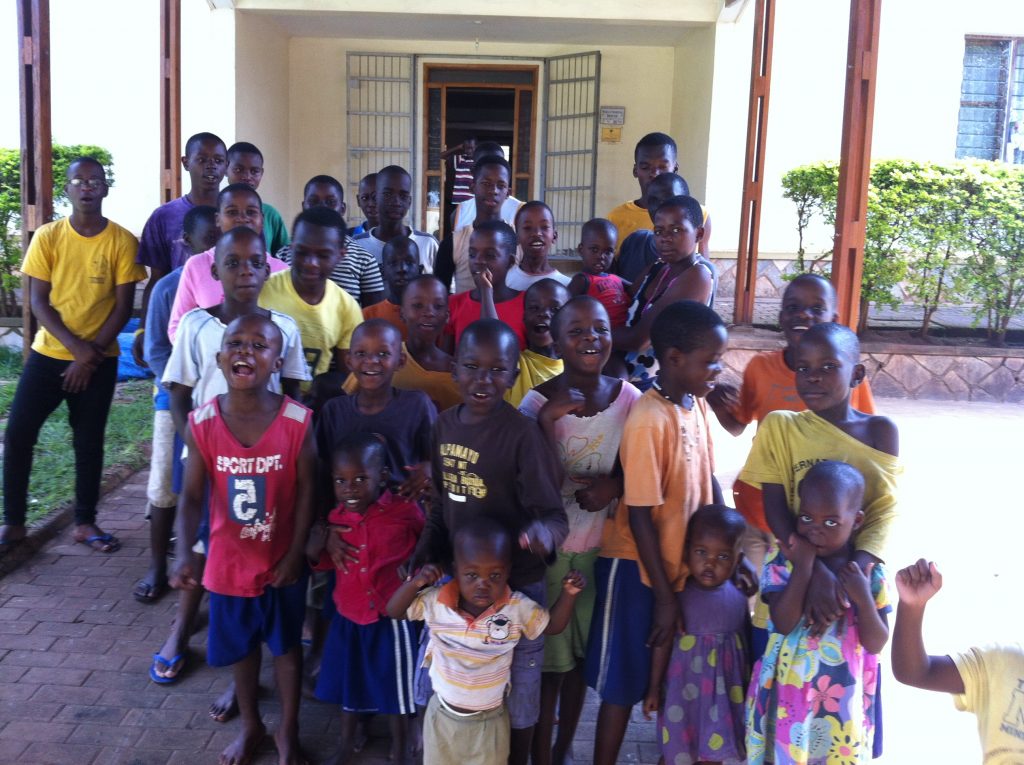
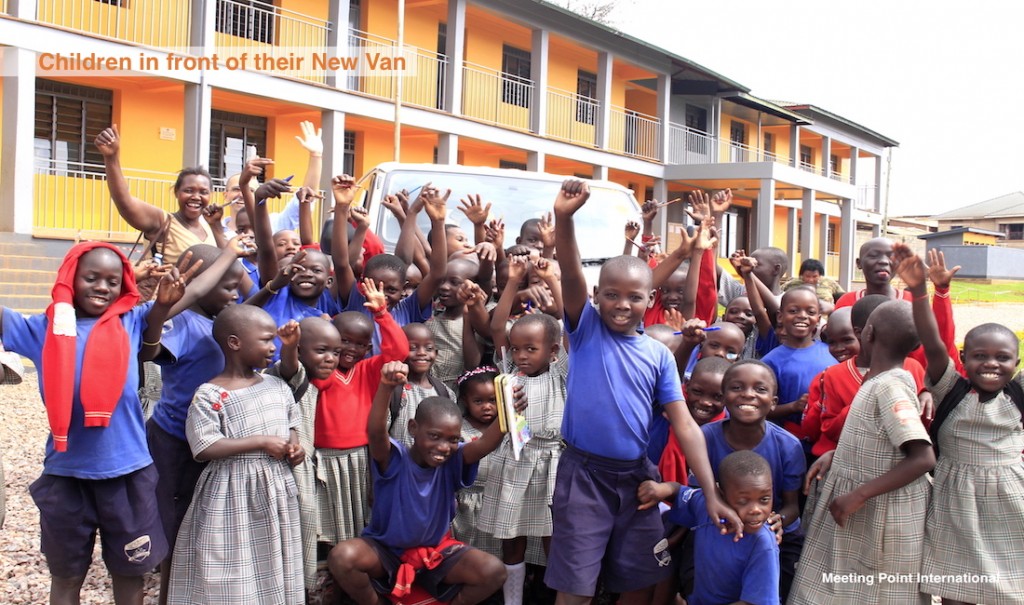
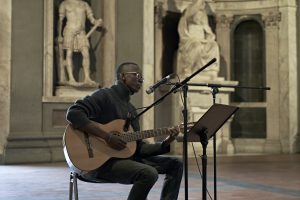
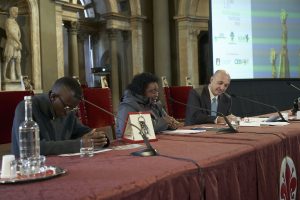
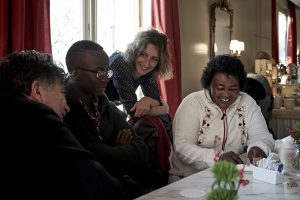

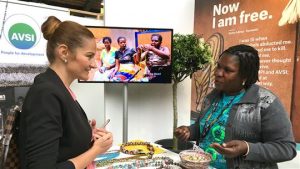
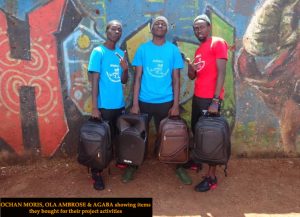
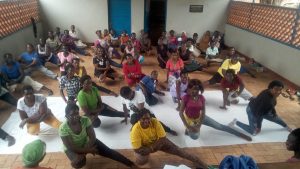
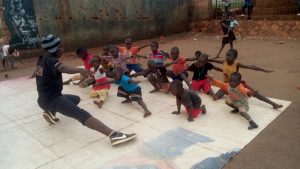
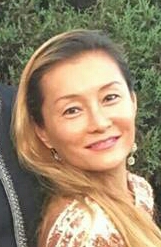
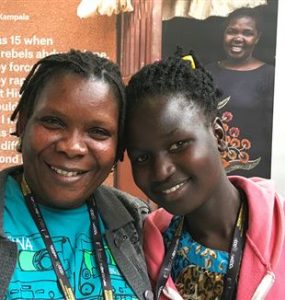




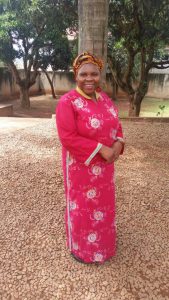
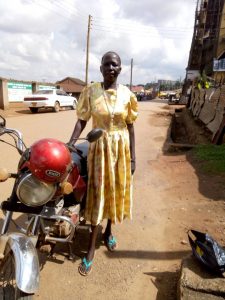 In 2017 after sharing the money saved, I managed to Identify one of our clients Ayoo Sarah, who was enjoying a success from the VSLA group’s activities.
In 2017 after sharing the money saved, I managed to Identify one of our clients Ayoo Sarah, who was enjoying a success from the VSLA group’s activities.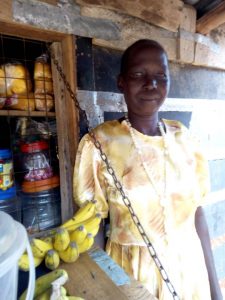
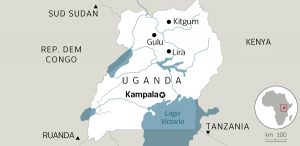
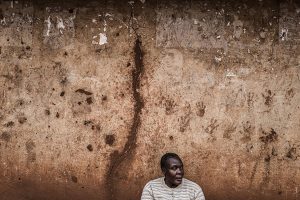
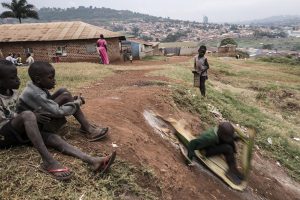
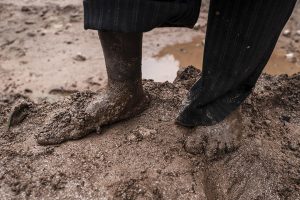
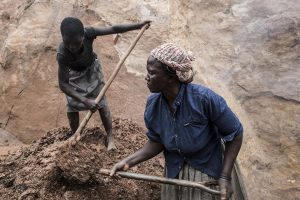
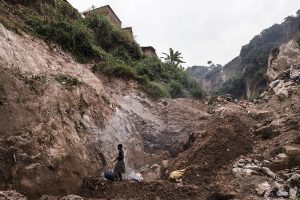
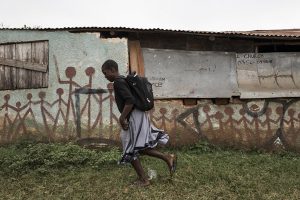
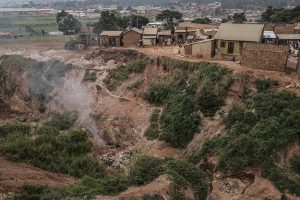
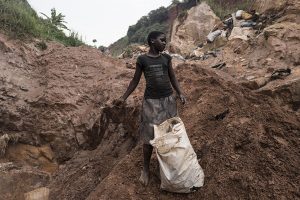
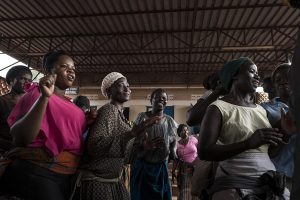
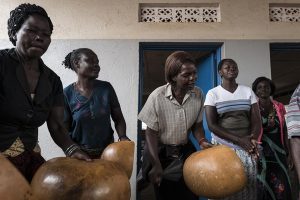
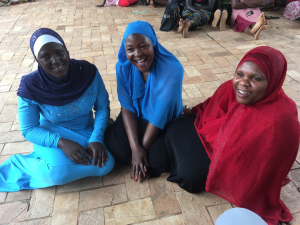

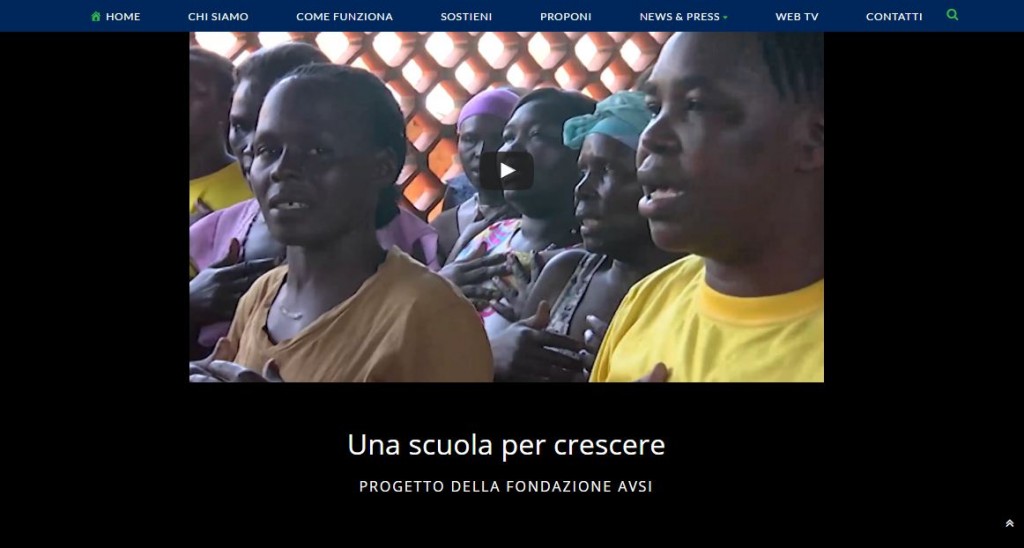
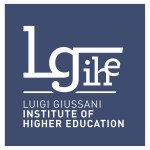 MPI had the child protection training with all the staff in order to develop its own Child Protection Policy. Before the training, the Director of MPI Rose Busingye Shared MPI’s approach to child protection policy.
MPI had the child protection training with all the staff in order to develop its own Child Protection Policy. Before the training, the Director of MPI Rose Busingye Shared MPI’s approach to child protection policy.